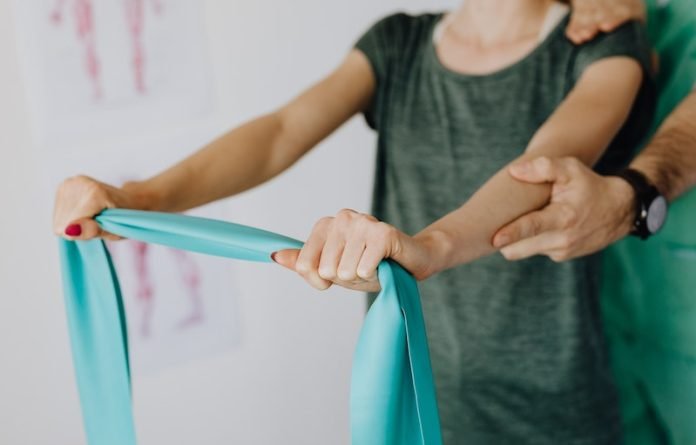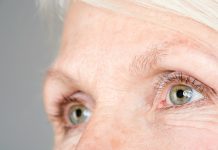
In a study from UCLA, scientists found many patients don’t receive much rehabilitation therapy following a stroke, despite strong evidence that higher amounts can reduce long-term disability.
They tracked over 500 patients across 28 acute care hospitals in their first year following a stroke.
The new research is the first U.S.-wide study to find that patients who had more severe strokes received higher amounts of rehabilitation therapy, a welcome finding.
Stroke is a leading cause of long-term disability in the United State and can affect speech, memory, and mobility, among other impairments.
The team says in the initial weeks after a stroke, the brain is ready to undergo maximum rewiring to get people back on their feet.
Rehab therapy helps maximize this recovery, with higher rehab therapy doses helping more, but what we found in this study is that most patients are getting rather small doses of rehab therapy.
In the study, the team found many patients tracked in this study did not receive any rehabilitation therapy after their stroke.
After three months, about one-third of patients had not received physical therapy, almost half had not received occupational therapy, and over 6 in 10 did not receive speech therapy.
Those who did receive rehabilitation therapy typically had six to eight sessions by three months after their stroke—and between 0 and 1.5 sessions the rest of the year.
Where patients were sent the following hospitalization also mattered. Those who were discharged home had the lowest levels of rehabilitation therapy, regardless of the severity of their stroke.
Hispanic patients received disproportionately lower amounts of physical therapy and occupational therapy.
The team says it is important for future research to examine the feasibility of providing higher therapy doses to stroke patients.
If you care about stroke, please read studies about strong links between vitamin D and heart disease, stroke, and death, and Olive oil could help lower risks of heart disease and stroke.
For more information about health, please see recent studies about antioxidants that could help reduce the risk of dementia, and low-carb diet may reduce blood sugar in prediabetes.
The study was conducted by Steven Cramer et al and published in the journal Stroke.
Copyright © 2023 Knowridge Science Report. All rights reserved.



